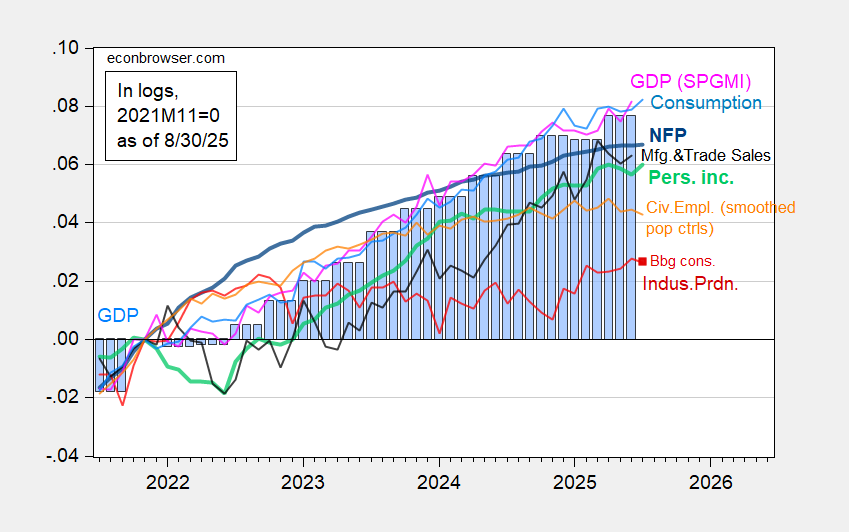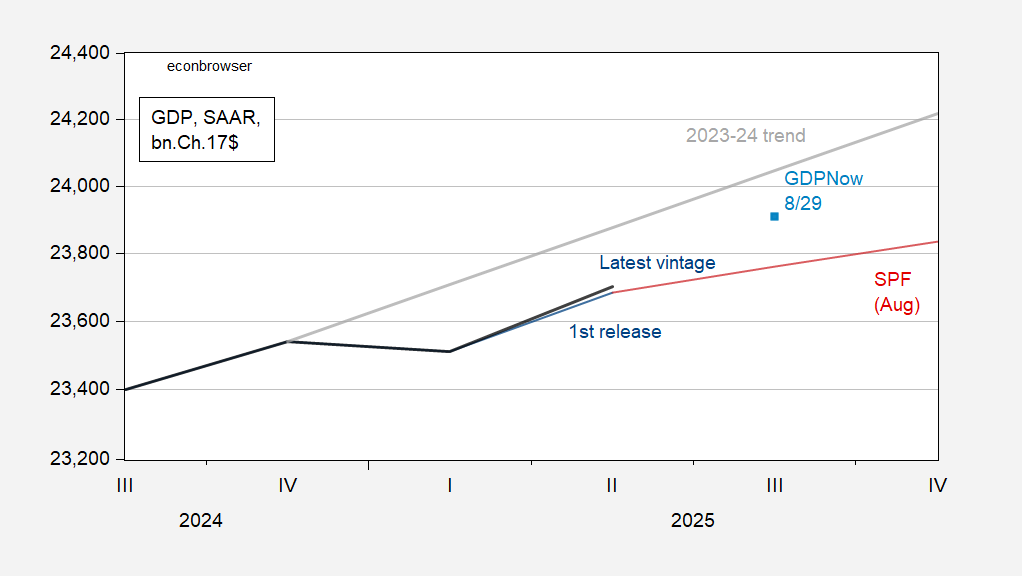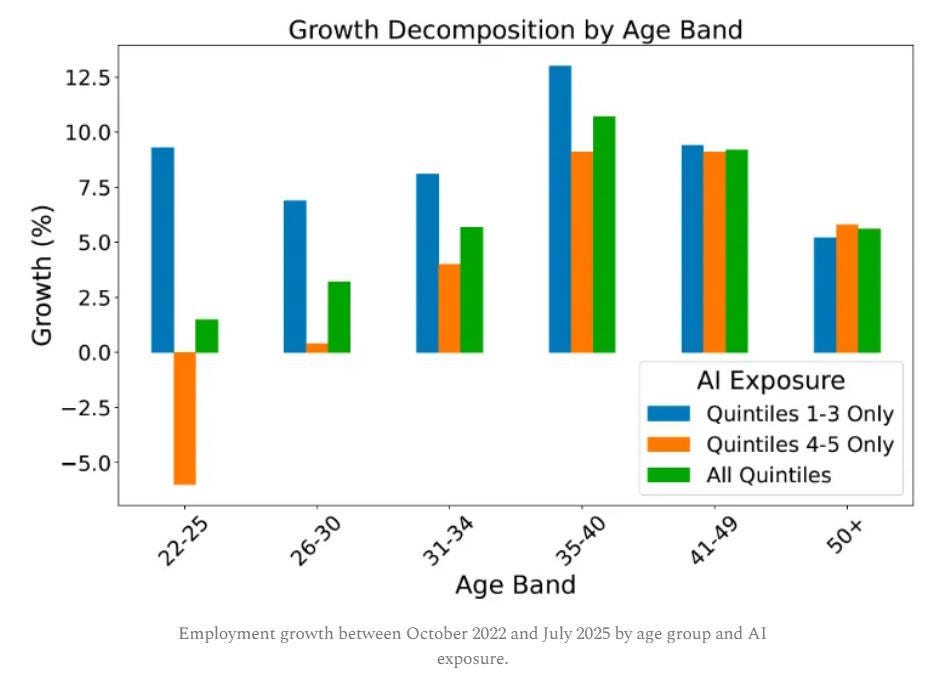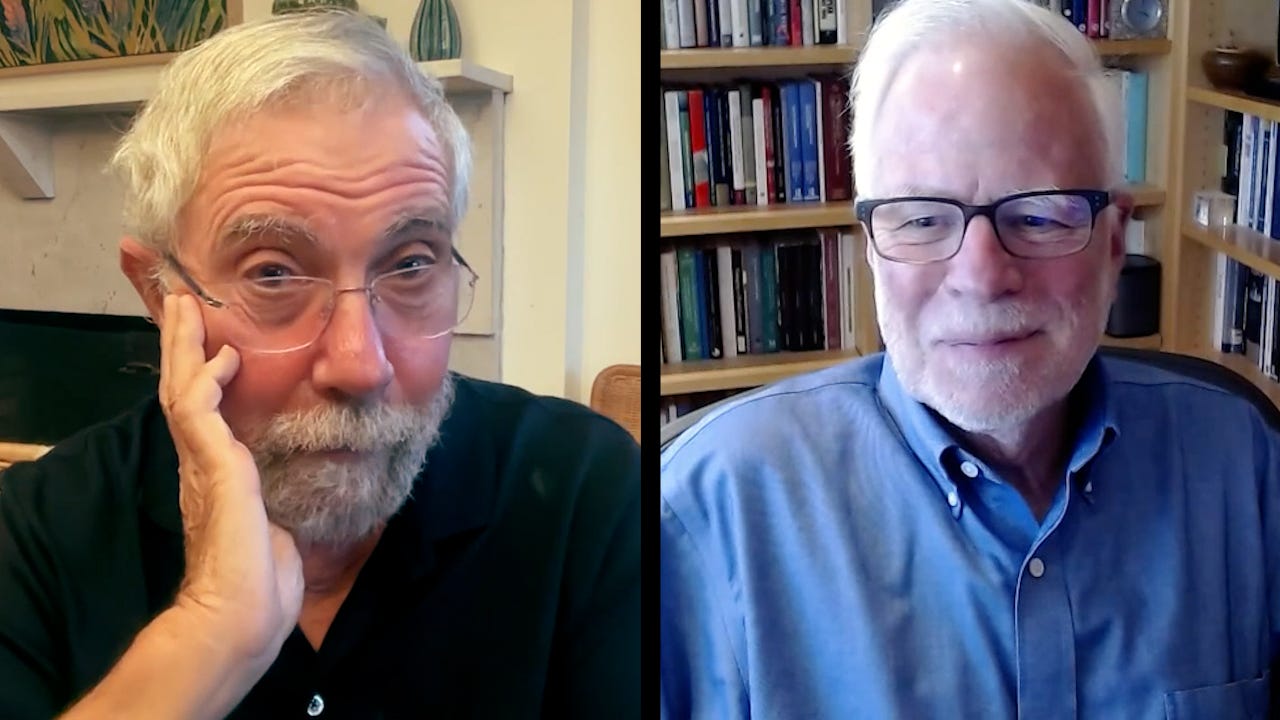
1381. Kraft Heinz is splitting up, separating hot dogs from ketchup
Alina Selyukh discusses Kraft Heinz's decision to split after a challenging decade following its merger orchestrated by Warren Buffett.
your daily dose of economic commentary

Alina Selyukh discusses Kraft Heinz's decision to split after a challenging decade following its merger orchestrated by Warren Buffett.

Jennifer Ludden discusses Utah's efforts to increase starter home construction amid concerns that young people are unable to build wealth in a high-cost housing market.
Menzie Chinn discusses advancements in medical science since 1900 and critiques the nostalgic view of the past, particularly in relation to Donald Trump's policies.

Scott Cunningham shares his experiences of moving to Boston, attending his first Red Sox game, and preparing for the upcoming semester at Harvard.

The post explores the reasons behind Americans working more hours than their European counterparts, highlighting historical, economic, and social factors influencing labor practices.

The post explores Texas Instruments' dominance in the graphing calculator market, attributing it to historical advantages, market power, and strategic relationships with educational institutions.

Noah Smith explains his reasons for leaving Bloomberg, including health issues, increased bureaucracy, and a significant incident involving the Chinese Communist Party.

Active single-family housing inventory decreased slightly week-over-week but shows significant annual increases, with comparisons to previous years indicating a trend toward 2019 levels.

The post discusses the impact of Trump's actions on federal employee unions, highlighting the loss of collective bargaining rights and ongoing legal challenges.
Tyler Cowen discusses stock valuations, corporate taxes, and market predictions regarding inflation and political outcomes, emphasizing the implications for taxpayers and democracy.

Economic indicators show a mixed picture, with several metrics below recent peaks, yet overall growth persists in the economy.

Menzie Chinn discusses the deceleration of aggregate demand despite upward revisions in GDP growth for Q2 and Q3.

An argument that explores the disconnect between the beliefs of woke elites and their actions, particularly regarding socioeconomic policies and the shifting political allegiance of marginalized groups.

An argument that the Federal Reserve faces challenges in addressing stagflation, balancing between combating inflation and supporting employment through interest rate adjustments.

The discussion explores the contrasting impacts of AI as a substitute versus a complement to workers, analyzing potential employment and wage shifts based on these scenarios.
Timothy Taylor discusses the challenges and necessary reforms facing US statistical agencies, emphasizing the need for modernization and increased funding.

A discussion on central bank independence, recent political events, and the implications of financial crises, featuring insights from a leading economist.

An argument that the impact of AI on job markets remains uncertain, with conflicting research findings on its effects on employment, particularly among young workers.

The Associated Press discusses Spirit Airlines' second bankruptcy filing within a year and its plan to continue operations during the restructuring process.

The post outlines key economic reports and indicators scheduled for the week, including employment data, manufacturing indices, and trade balance figures.